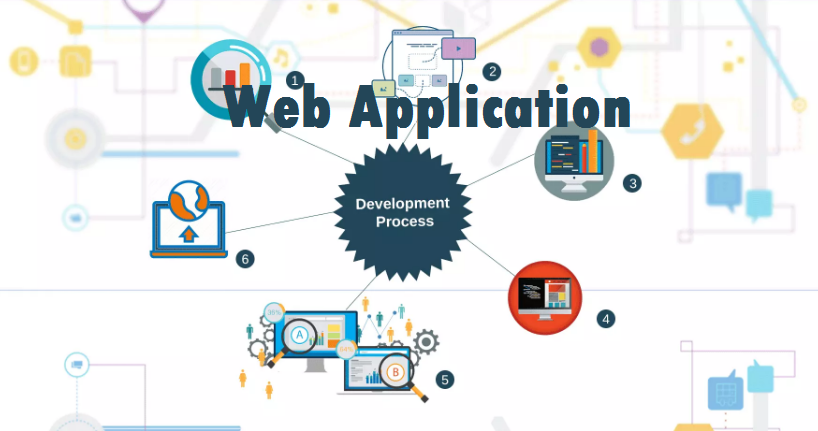Web app development in Kolkata
Web app development involves creating applications that are
accessed through web browsers, offering users a dynamic and interactive
experience. These applications can range from simple web tools to complex
enterprise-level systems. Here are key points to consider when discussing web
app development:
Client-Side Technologies: Web app developers use client-side technologies like HTML (Hypertext Markup Language), CSS (Cascading Style Sheets), and JavaScript to build the user interface and functionality of the application that runs on the users browser. These technologies ensure a responsive and interactive user experience.
Server-Side Technologies: Server-side technologies handle the processing and data management aspects of web app development. Popular server-side languages include PHP, Python, Ruby, Java, and .NET. They interact with databases, process user requests, and generate dynamic content to be served to the client-side.
Responsive Design: Web apps should be designed to adapt and provide an optimal experience across different devices and screen sizes. Responsive design techniques ensure that the apps layout, content, and functionality adjust automatically to provide a seamless user experience on desktops, tablets, and mobile devices.
Database Integration: Web apps often require database integration for storing and retrieving data. Developers utilize database management systems like MySQL, PostgreSQL, MongoDB, or others to handle data storage, retrieval, and management. Integration with databases allows for dynamic content generation and efficient data handling.
APIs and Integrations: Web apps may need to integrate with external systems or services through APIs (Application Programming Interfaces). This enables functionalities such as payment gateways, social media integration, mapping services, or integration with other web services and platforms.
Security Considerations: Web app development includes implementing robust security measures to protect user data and prevent unauthorized access. This involves practices like secure coding, encryption, input validation, user authentication, and secure transmission of data over HTTPS.
Testing and Quality Assurance: Web app development includes thorough testing and quality assurance processes to ensure that the app functions correctly across different browsers, devices, and user scenarios. Testing may cover functional testing, performance testing, security testing, and compatibility testing.
User Experience (UX) Design: Web app developers work closely with UX designers to create intuitive and user-friendly interfaces. UX design focuses on ensuring that users can easily navigate the app, complete tasks efficiently, and have a pleasant overall experience while using the application.
Scalability and Performance Optimization: Web apps need to handle increasing user traffic and data processing demands. Developers implement scalability measures such as load balancing, caching, database optimization, and code optimization techniques to ensure optimal performance and responsiveness.
Deployment and Maintenance: Web app development involves deploying the application to a web server, making it accessible to users. Ongoing maintenance includes monitoring performance, applying updates and security patches, and addressing any issues or bugs that may arise.
Web app development services offer businesses and
organizations the ability to create powerful and interactive applications
accessible through web browsers. By leveraging the expertise of web app
developers, businesses can provide engaging user experiences, streamline
processes, and reach their target audience effectively through the convenience
of a web-based platform.
